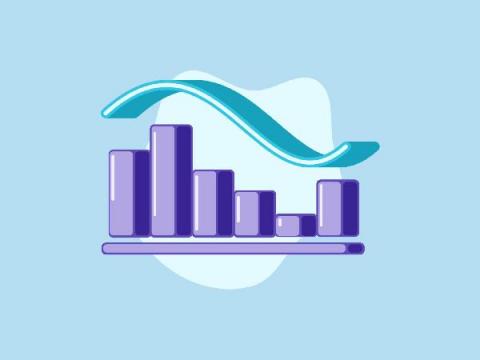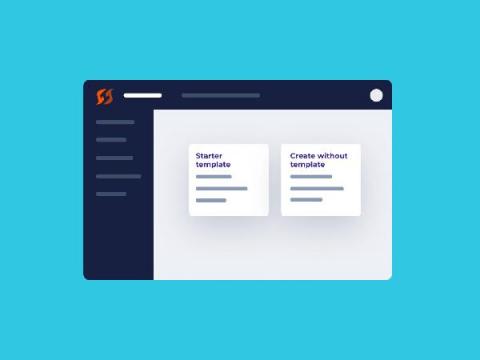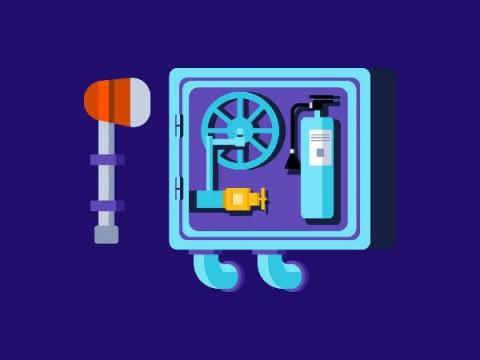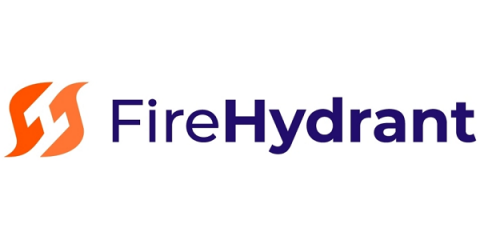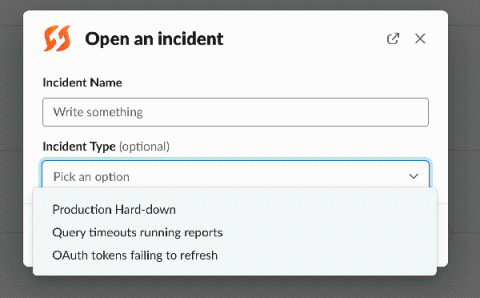Why Your APIs Should Fly First Class
Picture yourself flying first class. You board the plane first, you get champagne, and you feel as though you’re the most important. Why not treat your APIs the same way? In this talk, FireHydrant CEO and Co-Founder, Robert Ross (a.k.a @bobbytables) shares why putting your APIs first can be a game-changer for your business and how this mindset shaped the way FireHydrant was built.





